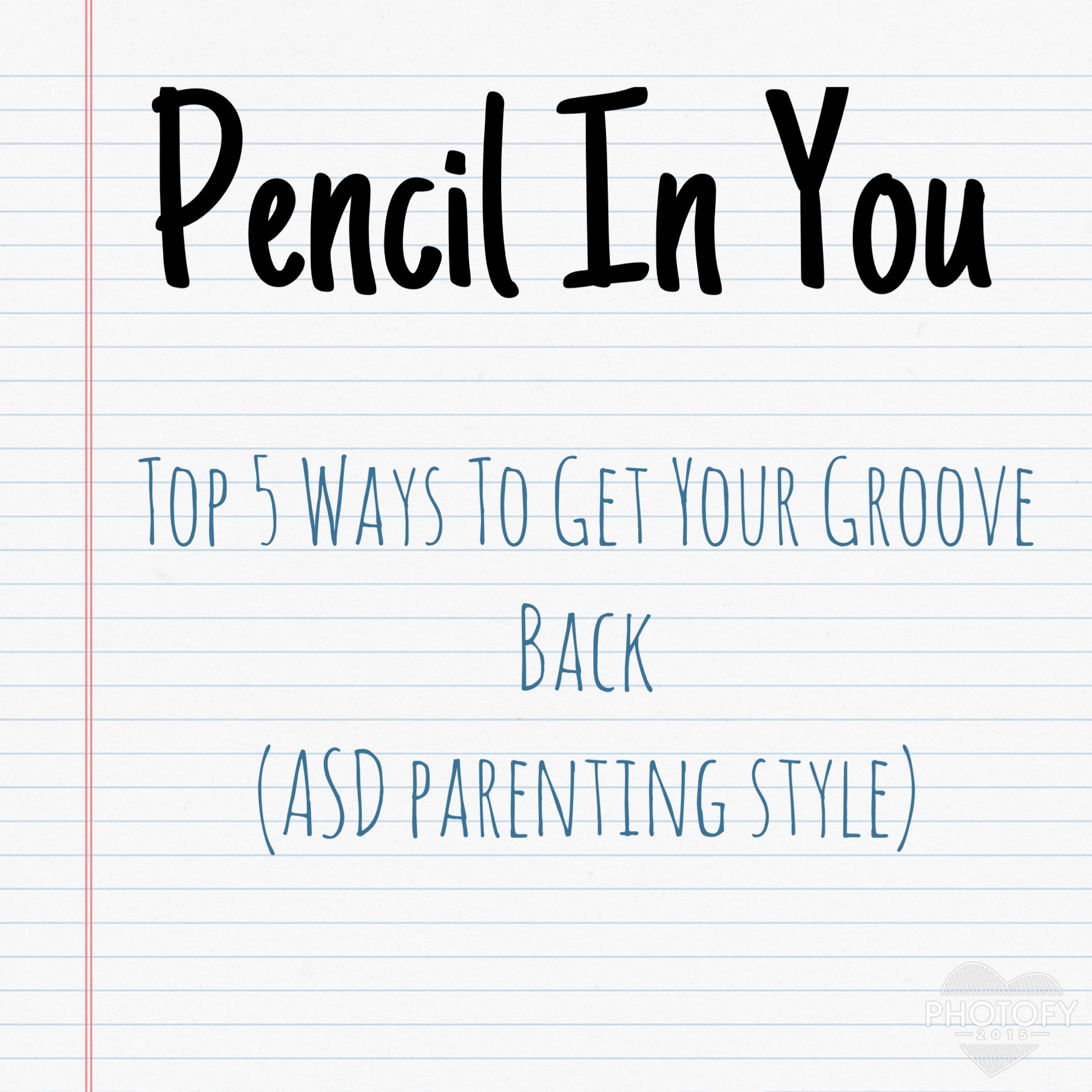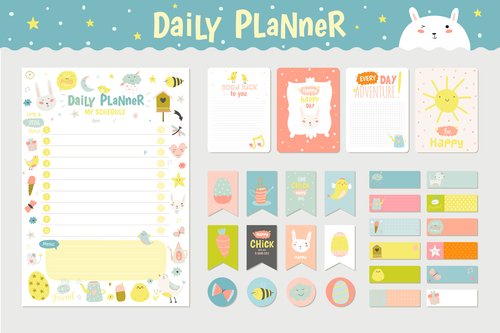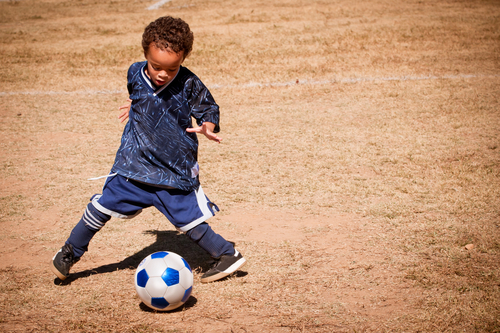Suspect Aspergers?
Our son has Aspergers Syndrome. However, getting the diagnosis didn’t come easy and the path to that diagnosis was rocky to say the least. That was over 10 years ago and still the following checklist we received from our school district is the best heads-up to having Aspergers Syndrome that I’ve seen to date. It cuts to the chase.
The following is only meant as a ‘checklist’. Remember, this is not an official document, and is only meant to act as a flag for a strong suspicion of Aspergers Syndrome, a doctor or trained therapist would need to make the official diagnosis.
However if you are looking for a guideline of sorts, it doesn’t get much better or black and white than the form below. It was spot on for us describing our son Sam. We’ve also put it in a downloadable format at the bottom. May it lead you towards illumination! -Jennifer Allen/Aspergers101
A graduate of Abilene Christian University, Jennifer had a long career in TV Broadcasting. Upon learning her oldest son Sam had a form of Autism called Asperger’s Syndrome, she left her career and became a full-time mother to both of her sons. Jennifer elicited the participation of her family and together they produced several independent programs including a children’s animated series titled Ameriquest Kids, as well as a documentary and book titled, Coping to Excelling: Solutions for School-age Children Diagnosed with High-Functioning Autism or Aspergers Syndrome. She formed the nonprofit Asperger101 to provide on-going free resources related to ASD at Aspergers101.com and has implemented the Texas Driving with Disability Program and continues to grow the statewide initiative today. She and her husband have recently retired to their property in the Texas Hill Country.












